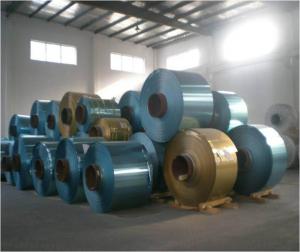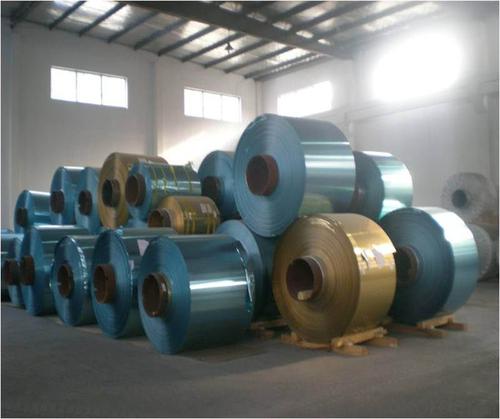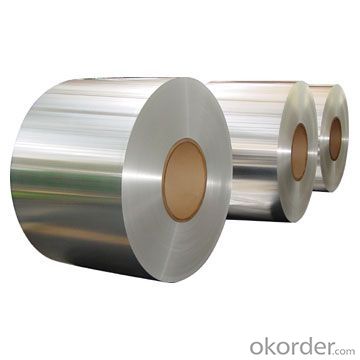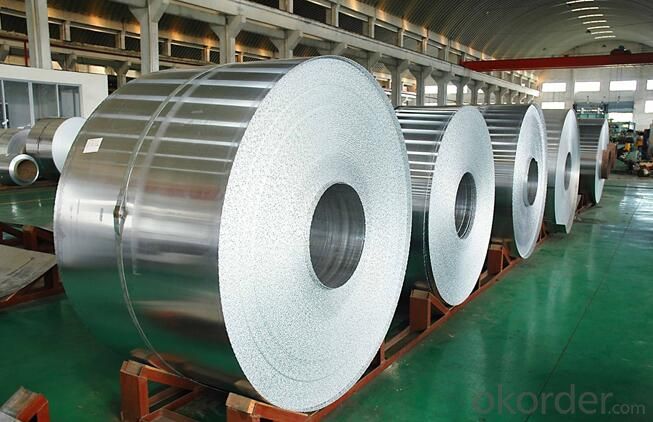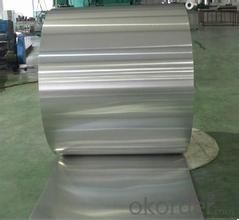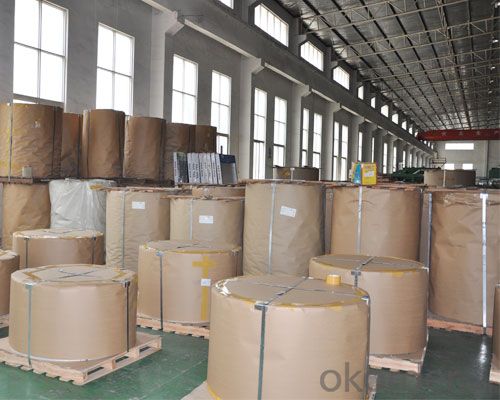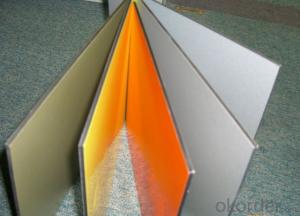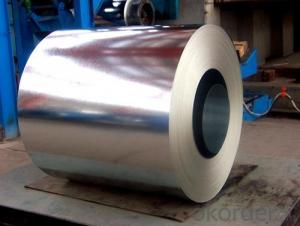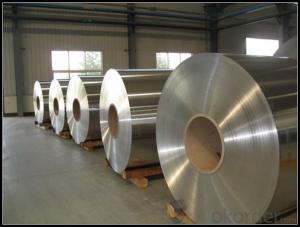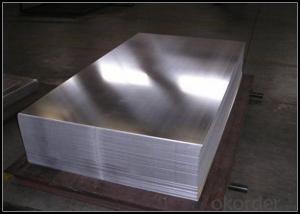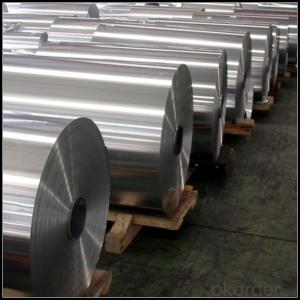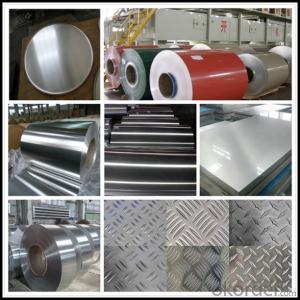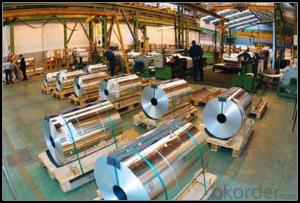Bendable Aluminum Sheets / Coils / Plates for Aluminum Sheet & Strip Producing
- Loading Port:
- Shanghai
- Payment Terms:
- TT OR LC
- Min Order Qty:
- 5 m.t.
- Supply Capability:
- 10000 m.t./month
OKorder Service Pledge
OKorder Financial Service
You Might Also Like
Specification
Pattern: orange peel, aluminum sheet5 bar,half a ball,diamond,compass shape
1.Orange peel aluminum sheet/coil
1)Alloy :1060 1100 1050 3003 3004 3105 5052
2)Temper :0 H114 H24 H32
3) Specification thickness:0.2mm-3.0mm
width:50mm-1300mm
Length: according your request
4)Application: Refrigeration. Air-conditioner. keep warm well such as pipe ,tank
5)Surface: No crack,canker, hole
2. aluminum sheet5 bar/coil
1)Alloy :1060 1100 1050 3003 3004 3105 5052 5754 5083 6061 6063 6082
2)Temper: O H114H194 T6
3) Specification: Thickness:1.0mm-10mm
Width:50mm-2000mm
Length: according your request
4)Application: the main function is anti-skidding,widely used in automobile manufacturing,shipbuilding,machine manufacturing,elerator,workshop
5)Surface: No crack,canker, hole
3.Compass shape aluminum sheet/coil
1)Alloy:1060 1100 1050 3003 3004 3105 5052 5754 5083 6061 6063 6082
2)Temper: O H114 H194 T6
3) Specification: thickness:1.0mm-10mm
width:50mm-2000mm
Length: according your request
4)Application: the main function is anti-skidding,widely used in automobile manufacturing,shipbuilding,machine manufacturing,elerator,workshop
5)Surface: No crack,canker, hole
4.Diamond aluminum sheet/coil
1)Alloy:1060 1100 1050 3003 3004 3105 5052 5754 5083 6061 6063 6082
2)Temper: O H114 H194 T6
3) Specification: Thickness:1.0mm-10mm
Width:50mm-2000mm
Length: according your request
4)Application: building industry,packing,decorative
5)Surface: No crack,canker, hole
4) Delivery time: 15-20 days after confirming order.
For all above:
1) Minimum order quantity: 5 tons per size.
2) The term of payment: T/T, irrevocable L/C at sight.
3) Packing: Export standard, waterproof wooden,craft,plywood pallet,etc.
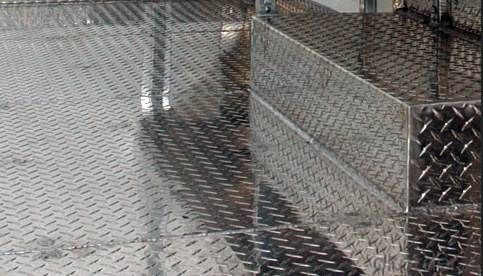
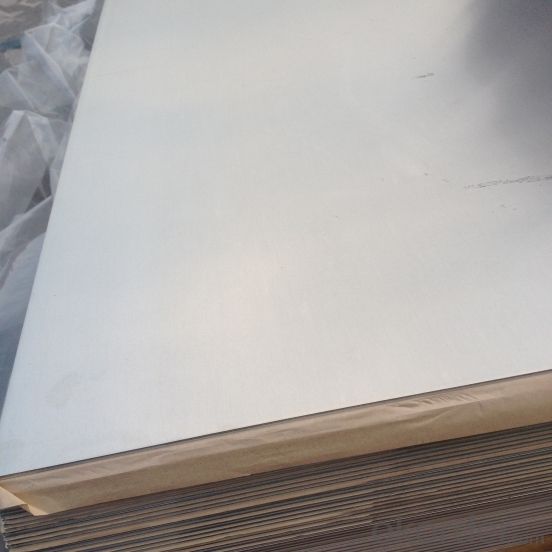
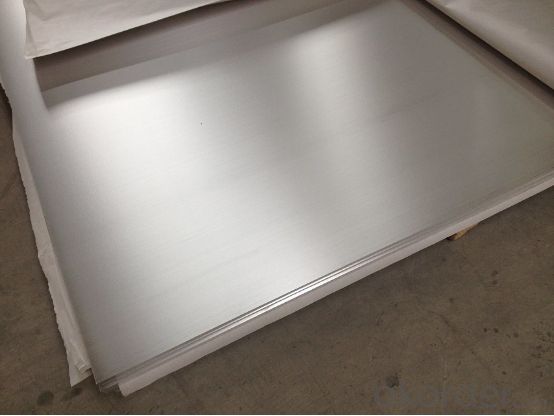
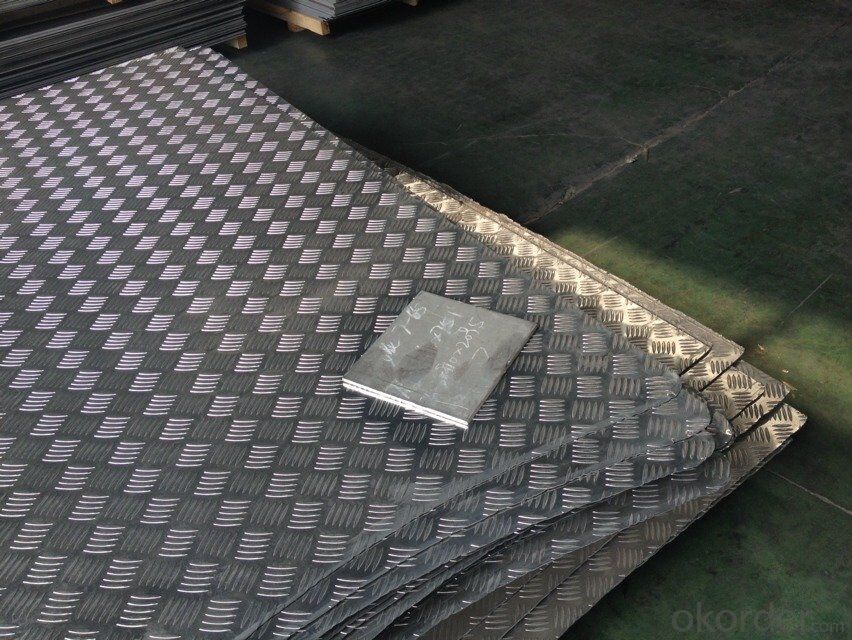
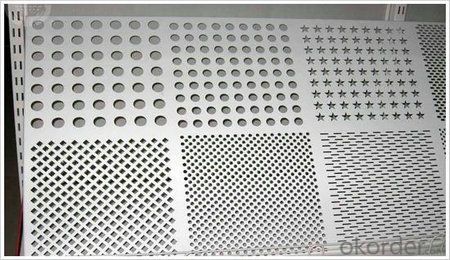
- Q: What are the different forming methods for aluminum sheets?
- Aluminum sheets can be shaped using various forming methods. These methods encompass: 1. Roll Forming: By passing the aluminum sheets through a series of rollers, they gradually take on the desired form. Roll forming is commonly employed to produce elongated shapes like channels or rails. 2. Press Forming: This technique involves utilizing hydraulic or mechanical presses to exert force on the aluminum sheet, resulting in the desired shape. Press forming is often favored for creating intricate shapes with precise tolerances. 3. Stretch Forming: The aluminum sheet is clamped at its edges and then stretched over a die, causing it to conform to the die's shape. Stretch forming is frequently utilized to manufacture curved or contoured parts. 4. Deep Drawing: This method entails inserting an aluminum sheet blank into a die and using a punch to force the material into the die cavity, creating a hollow shape. Deep drawing is commonly employed for producing cylindrical or box-shaped parts. 5. Hydroforming: Hydraulic pressure is employed to shape the aluminum sheet against a die. Hydroforming is particularly advantageous for crafting complex shapes with smooth surfaces. 6. Incremental Sheet Forming: This technique involves a CNC machine moving a small tool over the aluminum sheet's surface, gradually shaping it by applying localized pressure. Incremental sheet forming is often employed for prototyping or small-scale production. These forming methods offer distinct advantages and are suitable for different applications. The choice of method depends on factors such as the desired shape, complexity, and production volume.
- Q: What is the electrical resistivity of aluminum sheets?
- Aluminum sheets usually exhibit an electrical resistivity within the range of 2.65 to 2.82 micro-ohm centimeters. Nevertheless, it should be emphasized that the precise resistivity is subject to variation based on factors such as the alloy composition, thickness, temperature, and other considerations.
- Q: What are the different alloy compositions available for aluminum sheets?
- There are various alloy compositions available for aluminum sheets, including 1xxx, 3xxx, 5xxx, and 6xxx series. Each series has unique properties and characteristics, making them suitable for different applications.
- Q: why does 10% sulfuric acid not react with aluminum sheet?
- 10% sulfuric acid has a high concentration and will be passivated and formulate a layer of oxide film after reacting with aluminum,and the reaction will stop after seperating sulfuric acid and aluminum. there is a layer of Al2O3 oxide film on the surface of aluminum, so it's hard for sulfuric acid to break the oxide film and react with aluminum.
- Q: Explain how aluminum sheets can impact the longevity and robustness of a building's structure.
- <p>Aluminum sheets can significantly enhance the durability of a building due to their corrosion resistance, lightweight nature, and high strength-to-weight ratio. They are resistant to weathering, which protects the building from environmental damage, and they do not rust, reducing the need for maintenance and repair. Additionally, aluminum's malleability allows for the creation of various shapes and sizes, making it versatile for different architectural designs. Its recyclability also contributes to sustainability, reducing the overall environmental impact of construction.</p>
- Q: What is the surface hardness of aluminum sheets?
- The alloy and treatment process play a role in determining the surface hardness of aluminum sheets, which can vary. In comparison to metals like steel or titanium, aluminum sheets generally have a lower surface hardness. However, heat treatment can enhance the hardness of certain aluminum alloys. For instance, 6061-T6 aluminum sheets exhibit a surface hardness of approximately 95 Brinell, whereas 7075-T6 aluminum sheets have a surface hardness of around 150 Brinell. It is worth mentioning that these values are approximate and subject to variation based on the particular alloy, temper, and processing conditions.
- Q: 1995 s10 I took this whole thing apart and marked and labled everything. Now i have an aluminum head sitting on a bucket that was spraying water right from the head gasket but the head gasket is in perfect shape, and there are no cracks i can see on the head. One more thing, the truck would not start up with water in it, but it would when it was drained, like it was blocking the spark or something. yes it did overheat has this ever happened to anyone else, and any ideas? Thank you.
- Could be 1 of 5 things Blown intake gasket Blown head gasket Cracked head Cracked block Warped head. Most of the times you will not see a crack with your eyes. The head needs to be magnafluced or pressure tested to see if theres a crack. Check your phone book for machine shops. An engine machine shop will check a head for cracks for around $20-40 per head To check if its Warper you can do that with a true flat, straight edge like a long steel rule, and a feeler gauge. Lay rule on bottom of head where gasket goes (all traces of old gasket cleaned off 1st), Try to slide a .001 feeler gauge under rule. If warped a machine shop can mill head flat for around $35-50 per head
- Q: Hi,I need some interesting facts about AluminiumLike who found/discovered it, and how, or/and history of it. Recycling it, or does it have effects on the environment,Thanks if you can help,Thank you thank you thank you!Xx
- Aluminium is remarkable for the metal's low density and for its ability to resist corrosion due to the phenomenon of passivation. Structural components made from aluminium and its alloys are vital to the aerospace industry and are very important in other areas of transportation and building. Its reactive nature makes it useful as a catalyst or additive in chemical mixtures, including ammonium nitrate explosives, to enhance blast power. all the ifo u need isat the link below
- Q: How is the thickness of aluminum sheets measured?
- The thickness of aluminum sheets is typically measured using a device called a micrometer or caliper. These instruments accurately measure the distance between two opposite sides of the sheet, providing an accurate measurement of its thickness.
- Q: Aluminum siding is essentially maintenence-free, extremelydurable, and is a great insulator, even better than brick. Brickleaks air through the mortar between the bricks, especially in olderhouses that need tuckpointing. My question is, do you feel sidingstill has a declasse connotation, or is it getting more acceptableas the years go on?
- Can't beat brick!!!
Send your message to us
Bendable Aluminum Sheets / Coils / Plates for Aluminum Sheet & Strip Producing
- Loading Port:
- Shanghai
- Payment Terms:
- TT OR LC
- Min Order Qty:
- 5 m.t.
- Supply Capability:
- 10000 m.t./month
OKorder Service Pledge
OKorder Financial Service
Similar products
Hot products
Hot Searches
Related keywords
